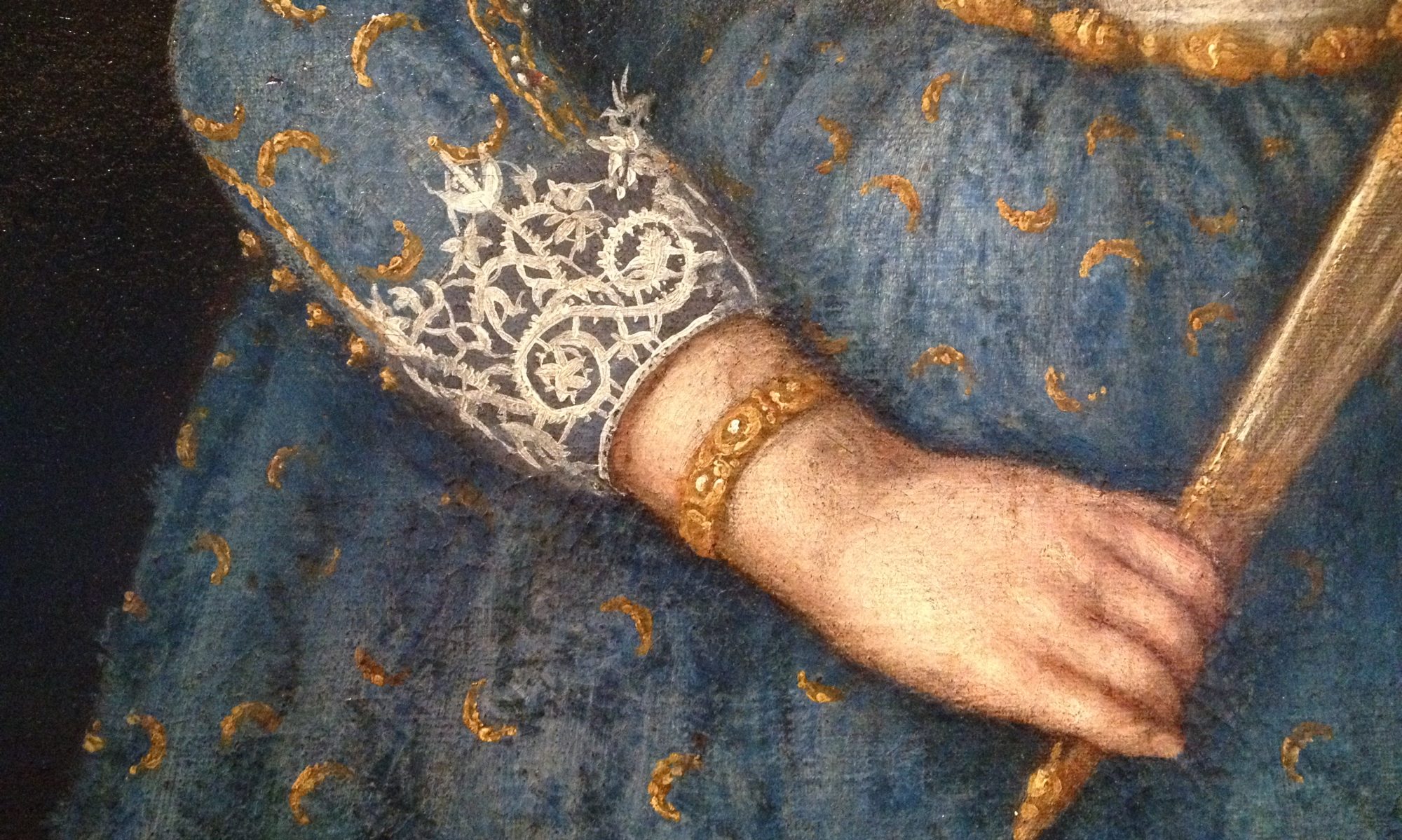There is something extraordinarily rewarding about hearing an author speak when you’ve previously only read her work: the spoken word versus the written, I suppose, or maybe it’s just the voice. Anyway, I was delighted to have the chance to hear Anne Enright at the Book Festival last Friday.
She read the whole of “Until the Girl Died”, from Taking Pictures, her collection of short stories published earlier this year. It is a rather poignant story, told in the first person by a wife whose husband is “prone to lapses” – except in this case, the girl died. It is Enright at her most enigmatic, most searching: “I’ve thought about this a lot over the years… it’s the great mystery, isn’t it? What men ‘want’. And the damage they might do to get it.”
Anne Enright spoke about the themes in her work and said that she occasionally felt that all her stories were the same: death and desire are common topics, and she draws extensively on myths, like Orpheus and Eurydice, or on bible stories, like Lot’s wife. The characters in her work are often trying to get others back, or are changed for ever in the attempt. Like the wife in “Until the Girl Died”, who needs to work her way through a complete change in attitude – from resentment to compassion towards the girl – and when she reaches that point, the story is resolved.
The discussion was lively – Enright is as forthright and dynamic when she speaks as when she writes. Every comment punctuated by her sharp Irish wit and laughter. Crucially, she spoke about women writers and endings – “that impulse to settle it all down is not how it happens”. Endings, too, it seems are important in order to appeal to male readers. And “a writer who appeals only to women will not, in the current cultural climate, be considered important”. So unresolved, even violent endings are what Enright calls her “trick” in order to appeal to the wider (not solely female) public.
Pride, it emerged, is her favourite sin – although envy is the worst. The story she read on this occasion had been written for a collection on the subject of pride. Then talking about novels and short stories, she said that “Novels are a way of growing up. If you resolve them, you resolve something in yourself. Novels are more like marriage – they never let you go. Short stories are more of an encounter – you can leave them alone for years and wait until you find the next piece of the puzzle before you finish them.”
Of course, she talked about much much more and it was a truly memorable and enjoyable occasion. Thanks, Anne!
